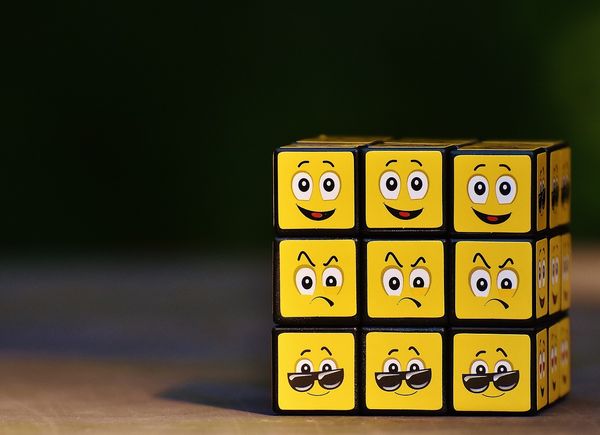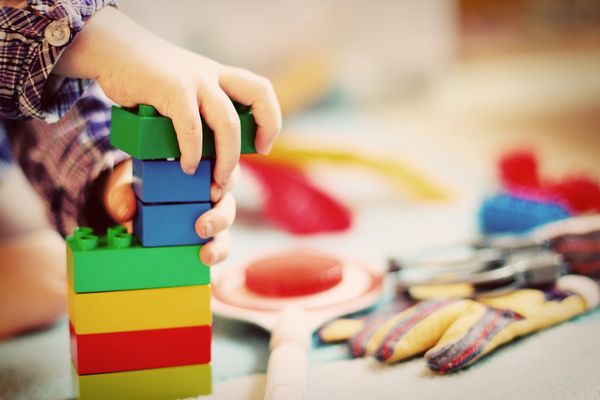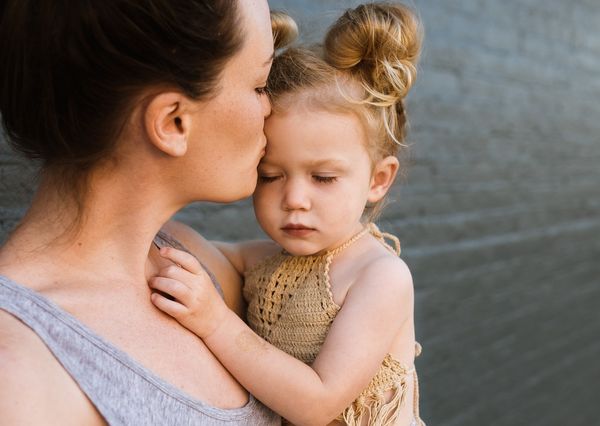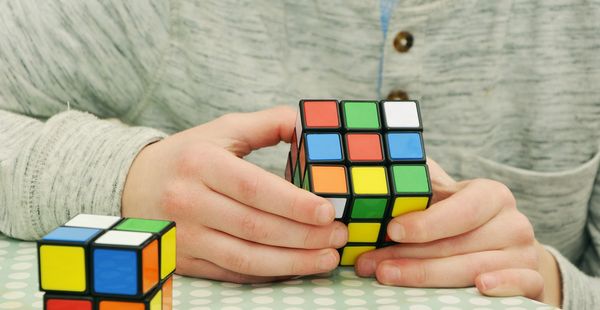What is Frustration

Frustration is a fundamental emotion experienced by all—humans and animals alike. It serves as a catalyst for change. Think of it this way: when something doesn't go according to plan, the feeling that ensues, urging you to rectify the situation, is frustration.
Children, in their journey to adapt to the world around them, encounter numerous instances that trigger frustration. The primary cause of this emotion, akin to anxiety, is a sense of separation. Given that attachment is our most basic human need, all repercussions arise from this feeling of detachment.
Let's delve into the cycle of frustration. When something doesn't pan out as expected, the first instinct is to alter it. For instance, if a child is denied candy, they might plead, "Mooom, come ooon, pleeease." This is not a deliberate attempt to test boundaries; it's a natural impulse.
If the request for candy is denied, the child may react with tears, tantrums, or whining. However, if the adult remains firm, the child will eventually adapt to the situation. This adaptation process requires a safe environment and a compassionate adult who can provide comfort during this period of disappointment. Once the child has processed their emotions, they'll realize they can survive without the candy and even have energy left for new pursuits.
However, when all other outlets are blocked, and frustration lingers, aggression often follows. Aggressive behavior can manifest in various ways, including biting, pinching, hitting, whining, and stomping. Each individual has their unique way of expressing frustration.
Regrettably, our society often discourages expressions of frustration, leading to an increase in feelings of separation. Negative comments, such as "you're so ugly when you're angry," can exacerbate these feelings and intensify frustration.
When dealing with a child's frustration, it's essential to allow space for this emotion. If changes haven't occurred, tears haven't been shed, and aggression is surfacing, provide a safe outlet for these feelings. This doesn't mean tolerating harmful behavior but rather suggesting non-harmful alternatives. For example, if a child wants to hit, offer a pillow as a substitute.
Playing with children can also help release pent-up frustration, making room for other emotions. Suppressing frustration can lead to self-harm, as unexpressed emotions tend to turn inward and cause internal damage.
Today's task: Reflect on your and your child's manifestations of aggression. What is your first impulse when you feel irritated? How can you release this energy safely? How can you help your child do the same? Share your thoughts and insights in the comments!
Reducing feelings of separation, addressing unavoidable issues, fostering a sense of connection with our children, and ensuring safety in relationships can decrease frustration. Remember, we can't mend a broken banana or send rain back to the cloud—these are all valid reasons for frustration.



